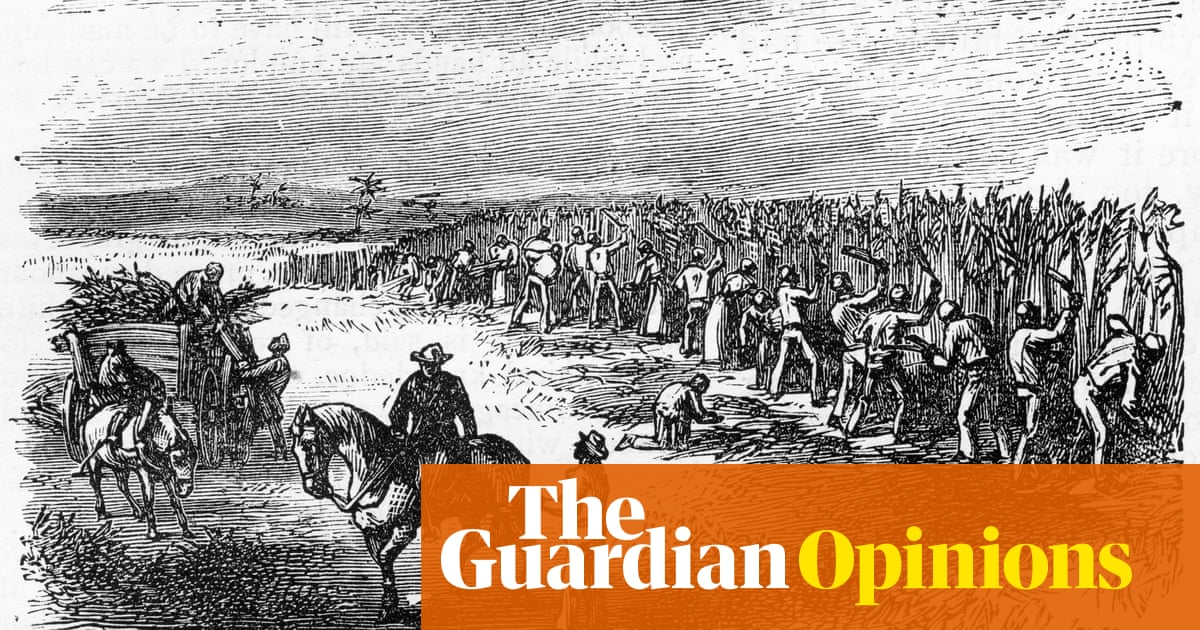
his weekend brought the news that two workers at London’s Pentonville prison, Bovil Peter and Patrick Beckford, had died with symptoms of Covid-19. “Symptoms” is nowadays a euphemism for “they weren’t tested”, and a grim reminder of the hundreds of thousands of key workers we are asking the world of, but whose selflessness is not being reciprocated.
These are tragedies laced with guilt for all of us: plainly, the most dangerous place to be during this epidemic is in a densely populated care environment, whether a hospital, school or prison. People work in them because they have a passion, but also because there is no alternative, and they do so on all our behalves.
Prison officers have always been the unsung heroes of public duty: never quite macho enough for the people who glorify the armed forces; always a bit too authoritarian for those who valorise nurses. They are some of the most inventive and diligent people working anywhere in the business of caring for others, but they have generally done so without much credit.
This crisis is forcing an urgent re-evaluation of that, along with all those other jobs that were previously classed as low-value yet now turn out to be the most important in the country. Words are not enough, and nor is clapping; you can praise care workers to the skies, but if you’re paying them the minimum amount in 15-minute segments, without security of hours or of employment, without sick or holiday pay, then the praise is hollow.
You can wax sentimental about the holy vocation of nursing, but you cannot then bring second-year students on to the frontline to fight coronavirus and still expect them to pay their tuition fees. You cannot claim, as the health secretary, Matt Hancock, told Andrew Marr on Sunday, that this isn’t the right time to talk about pay rises; it is the best and only time to talk about pay rises, when we have finally realised, with a jolt, just how much we rely on people who put their jobs ahead of their own safety.
Yet this is about more than money: Keir Starmer accepted the Labour leadership on Saturday with the rousing Old Testament statement about all key workers, cleaners, paramedics, carers, porters: “For too long they’ve been taken for granted and poorly paid. They were last and now they should be first.” But what would it actually mean to put these jobs first? Money is some of the answer, but we also have to look at the conditions and assumptions that drive wage stagnation and the steady erosion of security.
There is nothing radical in the observation that jobs are often described as low-skill, when actually they are just poorly paid. More radical, yet still accurate, is the assertion that they are characterised as “low-skill” deliberately. Caring is a job of tremendous skill, hard as well as soft. And while there is a huge amount of bolt-on expertise that employers require, from administering medicines to dealing with dementia, this is not reflected in any career progression. It is not unusual for a carer in her 40s to be on the same hourly rate, adjusted for inflation, that she was on at 18.
This has been systematic, not accidental. Without progression, the wage bill can remain reliably static, which is the only way the financial architecture of the sector makes sense.
There is often better progression in public sector work, but the combination of the austerity-years pay freeze and a new normal (extending even to the police) of people at the start of their career being expected to work voluntarily, which itself erodes starting salaries, has had a striking effect on these jobs.
Ironically, Theresa May was right when she famously said that a nurse might use a food bank for “complicated reasons”. Of course there’s a very simple reason – that nurse is not being paid enough. But the feedback loop between the private and public sectors – low pay, insecurity and poor conditions legitimised in one sector and migrating to another – is actually quite complicated.
And there’s an overarching fallacy, that a job many people could do must be inherently low in value. By these lights, huge numbers of people – cleaners, drivers, shop assistants – are without prospects, being so replaceable. The times are testing this assumption to destruction – when you’re looking for the people whose courage we need in order for civilisation to survive, you don’t have to look much further than the postal worker or the hospital porter.
In the immediate term, putting key workers first means personal protective equipment; it means collective and determined effort to strip as much risk as possible out of essential jobs that simply wouldn’t get done if everyone looked out for themselves. But there will be an era after coronavirus; and one thing to carry into it will be a determination never again to think, talk about or treat people as though logic demands they should be screwed down to their lowest possible price.












